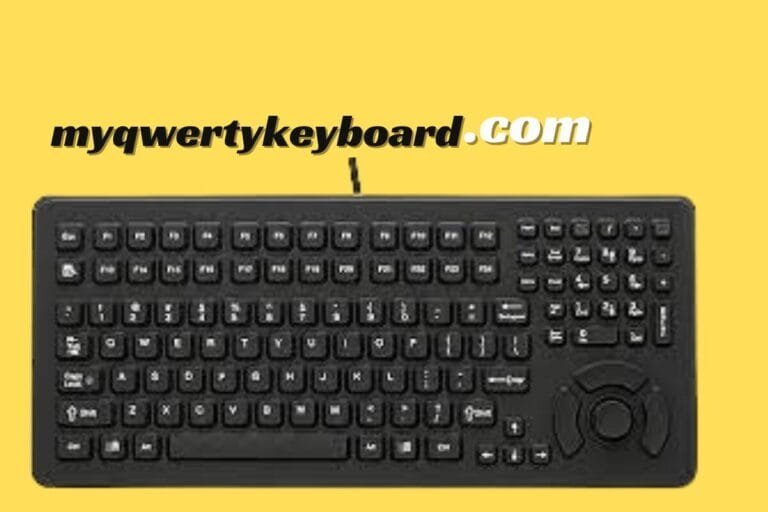Which types of differences exist between different keyboards?
When it comes to keyboards, there are various types available on the market, each with its own unique features and design. Let’s explore the key differences between four popular types of keyboards: mechanical, wireless, and membrane ergonomic keyboards.
Mechanical Keyboards:
- Usage: Mechanical keyboards are known for their tactile feedback and distinct typing experience. They use individual mechanical switches for each key, resulting in a responsive and satisfying keystroke.
- Design: Mechanical keyboards often have a sturdy build and customizable features, including different switch types (such as Cherry MX, Gateron, or Razer switches) that offer varying levels of actuation force and sound.
- Expert Opinion: Mechanical keyboards are favored by typists, gamers, and professionals who value precision and durability. They are especially popular among enthusiasts seeking a premium typing experience.
Wireless Keyboards:
- Usage: Wireless keyboards provide the convenience of cable-free operation, allowing users to connect to their devices via Bluetooth or USB dongles. They offer flexibility and freedom of movement.
- Design: Wireless keyboards come in various form factors, including compact and ergonomic designs. They often feature rechargeable batteries, multimedia keys, and compatibility with multiple devices.
- Expert Opinion: Wireless keyboards are suitable for those who desire clutter-free workspaces and the ability to switch between devices seamlessly. They are popular among individuals who value portability and versatility.
Membrane Keyboards:
- Usage: Membrane keyboards use a rubber dome under each key, providing a quiet and soft typing experience. They require less force to press compared to mechanical keyboards.
- Design: Membrane keyboards are often lightweight, slim, and affordable. They come in various styles, such as full-size, tenkeyless (TKL), or compact layouts.
- Expert Opinion: Membrane keyboards are ideal for everyday use, general typing, and budget-conscious individuals. They are widely available and suitable for those who prefer a quieter typing experience.
It’s important to note that the typing feel, durability, and overall quality can vary between different brands and models within each keyboard type. It’s recommended to read expert opinions and reviews to find the best keyboard that suits your specific needs and preferences.
Ergonomic Keyboards:
- Usage: Ergonomic keyboards are designed with user comfort and health in mind. They aim to minimize stress on the hands and wrists during prolonged typing sessions, reducing the risk of repetitive strain injuries.
- Design: Ergonomic keyboards often showcase unconventional designs, such as a split keyboard layout, curved keys, or tented profile. These design elements aim to promote a natural hand, wrist, and forearm posture.
- Expert Opinion: Ergonomic keyboards are favored by individuals who spend long hours typing, such as writers, coders, or office workers. They are especially popular among users who have experienced comfort-related issues with traditional keyboard designs.
Conclusion
The selection of a keyboard is a highly personal choice, contingent on one’s specific needs, comfort level, and overall preferences. From mechanical to wireless, membrane, and ergonomic keyboards, each type offers unique features ranging from tactile feedback, portability, quiet operation, and health-centered designs. Be it for gaming, professional use, or general typing, the array of options available caters to the diverse needs of users. It’s crucial to take the time to understand your requirements, test different types, and read expert reviews to make an informed choice. Remember, the perfect keyboard is the one that feels just right for you. Happy typing!
(FAQs)
- What is the difference between a mechanical keyboard and a membrane keyboard?
Mechanical keyboards use individual mechanical switches for each key, providing tactile and audible feedback with each keystroke. On the other hand, membrane keyboards use a rubber dome under each key, providing a quiet, soft typing experience.
- What are the benefits of a wireless keyboard?
Wireless keyboards offer the convenience of freedom from wires and allow users to connect to their devices via Bluetooth or RF connections. They are ideal for those who prefer a clutter-free workspace or need mobility.
- Why should I consider an ergonomic keyboard?
Ergonomic keyboards are designed to minimize stress on the hands and wrists during prolonged typing sessions. They aim to reduce the risk of repetitive strain injuries, making them ideal for individuals who spend long hours typing.
- How do I choose the right keyboard for me?
Choosing the right keyboard depends on your specific needs and preferences. It’s advisable to try out different types and brands, read expert reviews and opinions, and understand your requirements.
5. Will using an ergonomic keyboard instantly reduce discomfort or injuries?
While ergonomic keyboards are designed to reduce the risk of strain and discomfort, instant relief is not guaranteed. It’s often advised to pair the use of ergonomic keyboards with proper posture, regular breaks, and exercises. If discomfort persists, it’s recommended to consult a medical professional.






